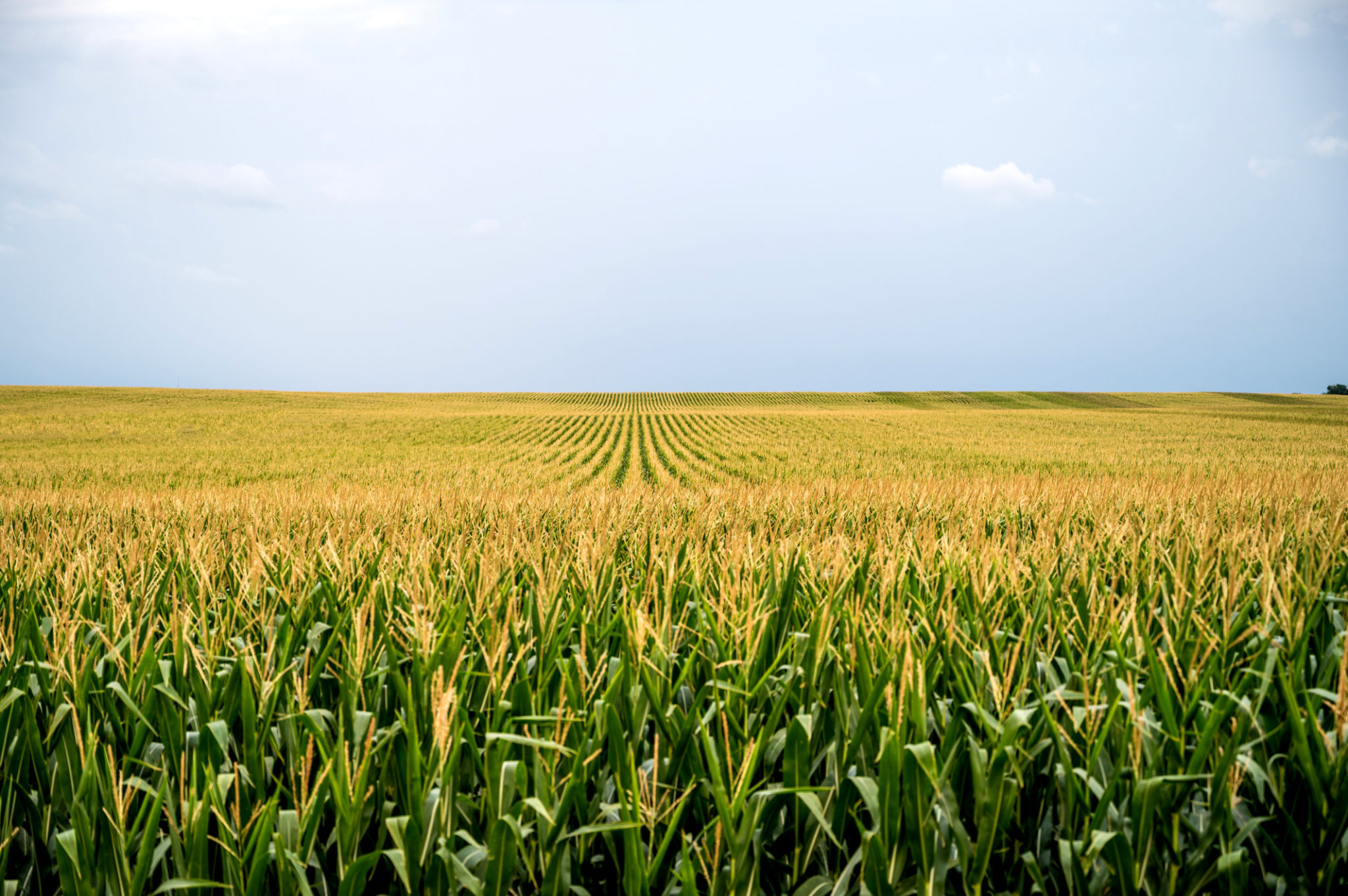Seasonal Planting Guide: Preparing Your Ghanaian Farm for the Rainy Season
Understanding the Importance of the Rainy Season
In Ghana, the rainy season is a crucial period for farmers, marking the beginning of a new agricultural cycle. This season provides the much-needed water that nourishes crops and helps them thrive. Proper planning and preparation for this season can significantly enhance yield and improve the overall productivity of your farm.
The rainy season typically spans from April to October in southern Ghana and from May to September in the northern regions. Understanding these timelines is essential for planning your planting and harvesting activities effectively.

Soil Preparation and Testing
Before the rains begin, it's vital to prepare your soil to ensure it can support healthy plant growth. Start by clearing any debris and weeds from your farm. This step helps prevent pests and diseases that could adversely affect your crops. Next, till the soil to improve aeration and drainage.
Conducting soil tests is also essential to determine its pH levels and nutrient content. Knowing the soil's fertility will guide you in selecting the right type of fertilizers and amendments. It's important to apply these inputs before planting to maximize their effectiveness.
Choosing the Right Crops
Selecting suitable crops for the rainy season is crucial for a successful harvest. In Ghana, some popular choices include maize, rice, cassava, and vegetables like okra and tomatoes. These crops are well-suited to the climate and can thrive with adequate rainfall.

Consider factors such as market demand, crop rotation practices, and disease resistance when choosing crops. Planting a diverse range of crops can reduce the risk of total crop failure and ensure a steady income stream.
Planting Techniques for Maximum Yield
Adopting proper planting techniques can significantly impact your farm's productivity. For instance, using certified seeds guarantees better germination rates and higher yields. Ensure you plant at the right depth and spacing to allow adequate growth and development.
- Measure seed spacing accurately to avoid overcrowding.
- Use mulch to retain soil moisture and suppress weeds.
- Practice crop rotation to maintain soil health.
Pest and Disease Management
The rainy season can also bring about increased pest and disease activity. Regular monitoring of your plants for signs of infestation is vital. Implement integrated pest management strategies that include biological control, cultural practices, and chemical interventions when necessary.

Early detection and intervention can prevent significant damage to your crops, ensuring a healthier yield at harvest time.
Water Management Practices
While the rainy season provides ample water, it's essential to manage it effectively to prevent waterlogging and erosion. Constructing contour ridges or trenches can help direct water flow and reduce runoff. Additionally, using organic matter like compost can improve soil structure and enhance water retention.
Proper drainage systems will ensure that excess water is channeled away from your crops, protecting them from root rot and other water-related issues.
Conclusion
Preparing your Ghanaian farm for the rainy season involves careful planning and execution of various agricultural practices. From soil preparation and crop selection to pest management and water conservation, each step plays a critical role in ensuring a bountiful harvest. By following this seasonal planting guide, you can optimize your farm's productivity and contribute positively to Ghana's agricultural landscape.
